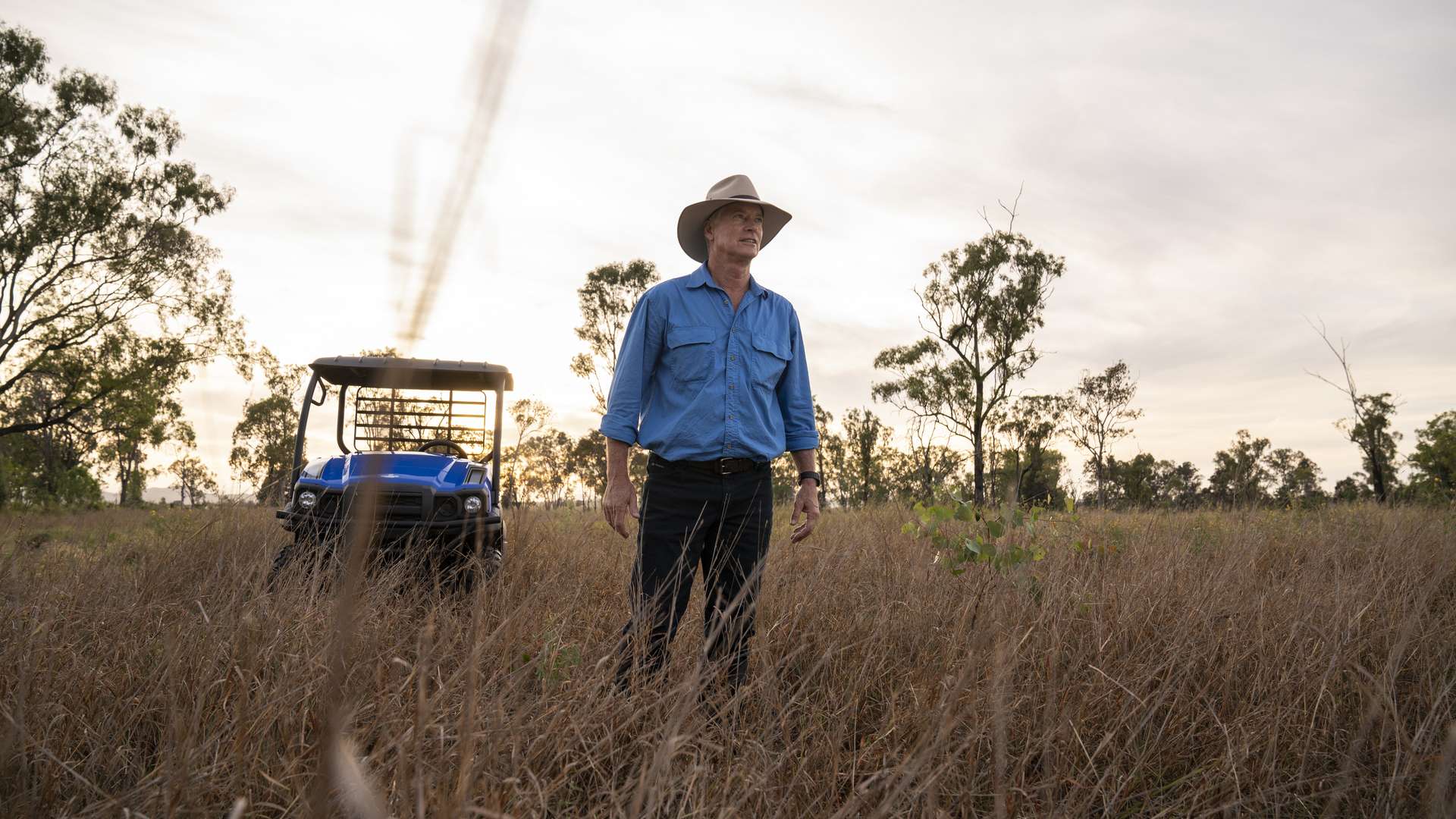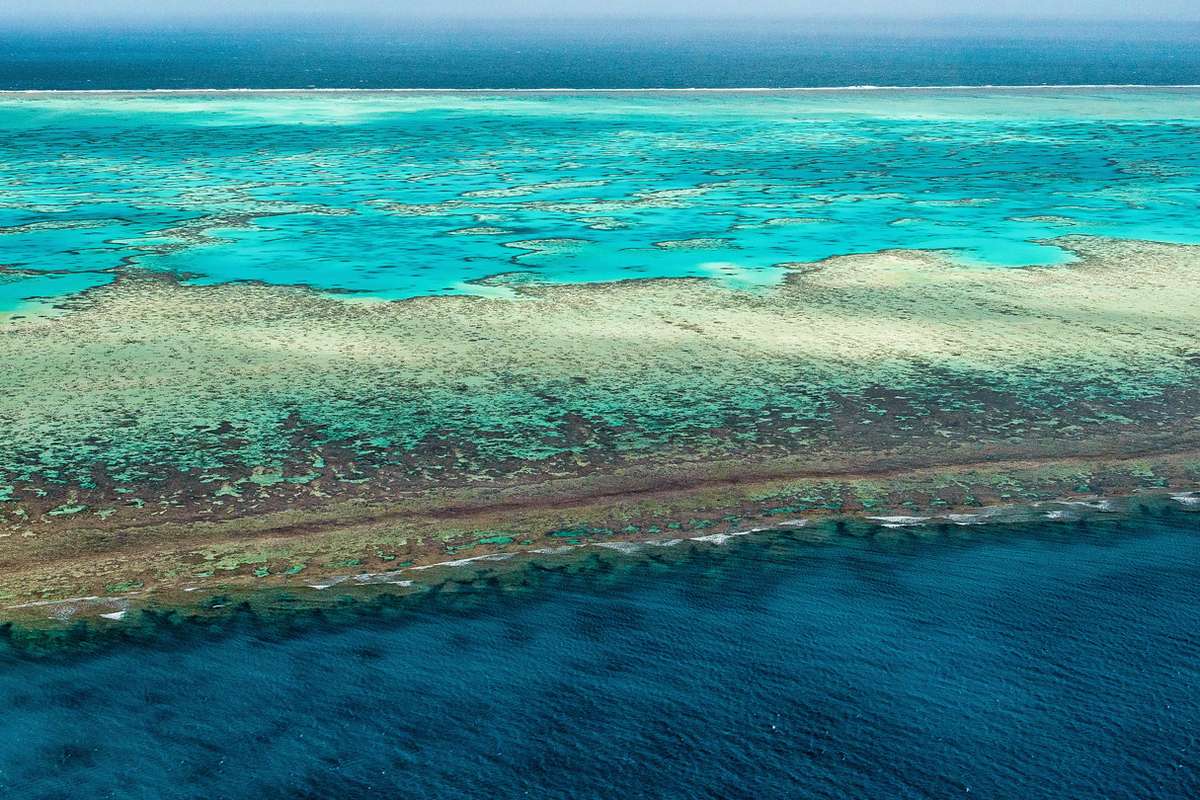Openness in Animal Research and Teaching

Transcript
Research with Impact
Averting the Threat to a Native Icon
Discover how we're helping to improve conservation management outcomes for endangered koala populations across Australia's Central Queensland.
Knowledge to Improve the Assessment and Management of Giant Mud Crabs
Researchers are collaborating on a Fisheries Research and Development (FRDC) co-funded research project on mud crab populations in Queensland.
Protecting and Enhancing High Value Fish Habitats Across Central QLD's Coast
The project is working to restore seagrass communities, considered to be critical fish habitat, that are declining due to habitat loss and degradation.
Advancing Ethical Animal Research and Conservation
Coastal Marine Ecosystems Research Centre (CMERC)
CMERC has been established to work with coastal industries and communities to develop practical and sustainable solutions for our unique coast and marine environments.

Institute for Future Farming Systems
We are a world leader in agriculture science research, and specialise in non-invasive and precision agriculture technologies. Our research delivers solutions that enhance productivity in the livestock and horticultural sectors.
Koala Research - CQ
The research group was established to support on-going research and to initiate new projects on koala biology and habitat requirements.

